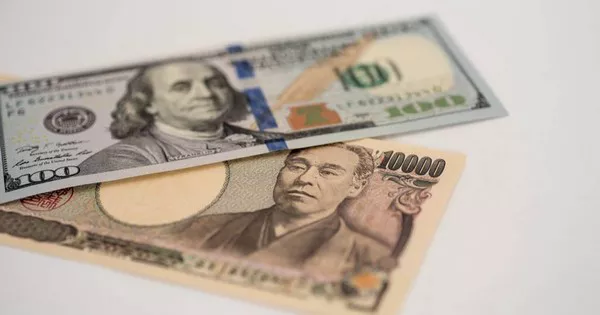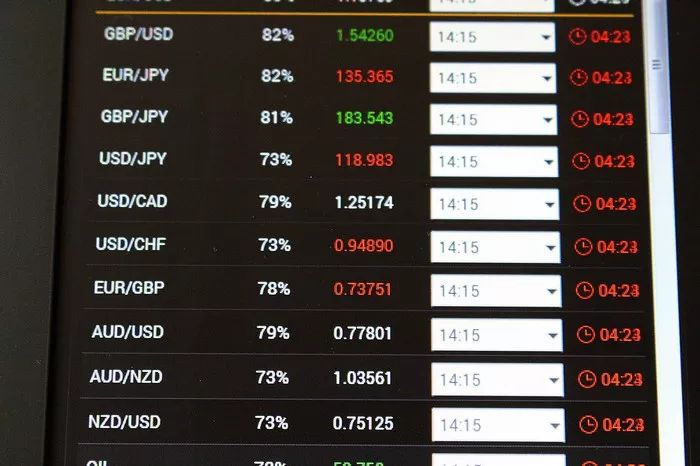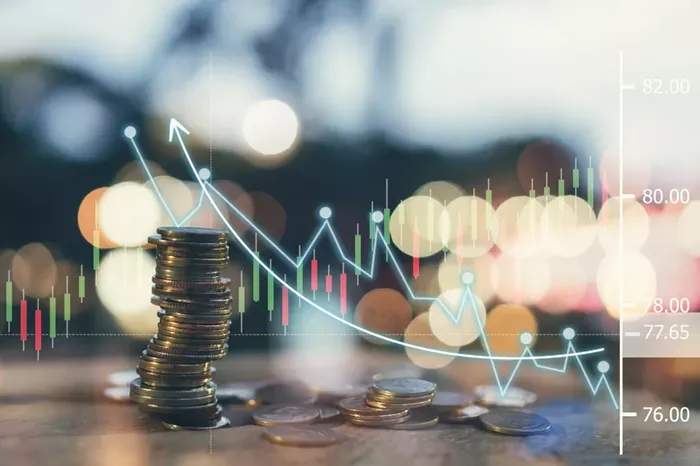The United States Dollar (USD) is one of the most widely used and valued currencies in the world. Its value can fluctuate based on various factors, including economic conditions, inflation rates, and geopolitical events. Understanding where the USD is worth the most provides valuable insights into global economic dynamics. This article explores which countries have the highest value for the USD, examining the factors that contribute to these differences.
Introduction to USD Valuation
The value of the USD is influenced by multiple factors, including exchange rates, inflation, and economic stability. Exchange rates represent the value of one currency in terms of another. When the USD is strong compared to another currency, it means that the USD is worth more in that country.
Countries Where USD is Worth the Most
1. Zimbabwe
Zimbabwe’s economic situation has led to extreme fluctuations in its currency value. The Zimbabwean Dollar (ZWL) has faced significant devaluation due to hyperinflation and economic instability. As a result, the USD holds significant value in Zimbabwe, often being preferred for transactions and savings.
Economic Instability
- Hyperinflation has severely impacted the ZWL.
- The USD is used as a stable alternative for many financial transactions.
2. Venezuela
Venezuela has experienced severe economic challenges, including hyperinflation and political instability. The Venezuelan Bolívar (VES) has depreciated dramatically, making the USD highly valuable in the country.
Hyperinflation Impact
- The Bolívar has lost considerable value due to hyperinflation.
- The USD is used widely for both everyday transactions and as a store of value.
3. Iran
Iran’s economic sanctions and political issues have led to a significant devaluation of the Iranian Rial (IRR). The USD is highly valued in Iran, often used in international trade and as a reserve currency.
Sanctions and Economic Pressure
- Economic sanctions have led to the Rial’s depreciation.
- The USD is crucial for international transactions and reserves.
4. Argentina
Argentina has faced recurring economic crises, leading to a devaluation of the Argentine Peso (ARS). The USD is worth significantly more in Argentina, and many people use it to protect their savings from currency devaluation.
Economic Instability
- Frequent economic crises have led to Peso depreciation.
- The USD is a preferred currency for savings and transactions.
5. Turkey
Turkey has experienced economic challenges, including high inflation and political instability, which have affected the value of the Turkish Lira (TRY). The USD is worth more in Turkey compared to the Lira, and it is used for many financial transactions.
Inflation and Economic Issues
- High inflation has devalued the Lira.
- The USD is used for international trade and as a stable investment.
Factors Influencing USD Value
Understanding why the USD is worth more in certain countries involves examining several key factors:
1. Inflation Rates
Countries experiencing high inflation rates often see their currencies depreciate. When inflation rises, the purchasing power of the local currency decreases, making the USD more valuable in comparison.
2. Economic Stability
Economic instability can lead to currency depreciation. Countries facing economic difficulties, political turmoil, or financial crises often see their currencies lose value relative to the USD.
3. Exchange Rate Policies
Exchange rate policies and interventions by central banks can impact the value of a currency. Some countries might maintain fixed or managed exchange rates that affect how much the USD is worth in their currency.
4. Foreign Exchange Reserves
Countries with lower foreign exchange reserves may experience currency devaluation. Holding substantial reserves in USD can help stabilize a currency, but many countries facing economic challenges struggle with this.
See Also: What Countries Use USD?
Implications of USD Strength
The strength of the USD in various countries has several implications:
1. Trade and Investment
Countries where the USD is worth more may see increased foreign investment and trade opportunities. A strong USD can make imports cheaper and attract foreign investors looking for stability.
2. Economic Stability
For individuals in countries with weak currencies, the USD can provide a stable store of value. This is especially important in countries experiencing high inflation or economic instability.
3. Currency Exchange
For travelers and expatriates, the strength of the USD can impact their purchasing power abroad. A strong USD means that travelers can get more value for their money in countries with weaker currencies.
Conclusion
The value of the USD varies significantly across different countries due to factors such as inflation, economic stability, and exchange rate policies. In countries experiencing economic challenges or currency devaluation, the USD often holds considerable value, serving as a stable alternative for transactions and savings.
Understanding where the USD is worth the most provides insights into global economic conditions and highlights the impact of currency value fluctuations on international trade, investment, and individual financial stability. As the global economy continues to evolve, monitoring these dynamics will remain crucial for investors, policymakers, and individuals alike.
[inline_related_posts title=”You Might Be Interested In” title_align=”left” style=”list” number=”3″ align=”none” ids=”3681,3636,3597″ by=”categories” orderby=”rand” order=”DESC” hide_thumb=”no” thumb_right=”no” views=”no” date=”yes” grid_columns=”2″ post_type=”” tax=””]

































